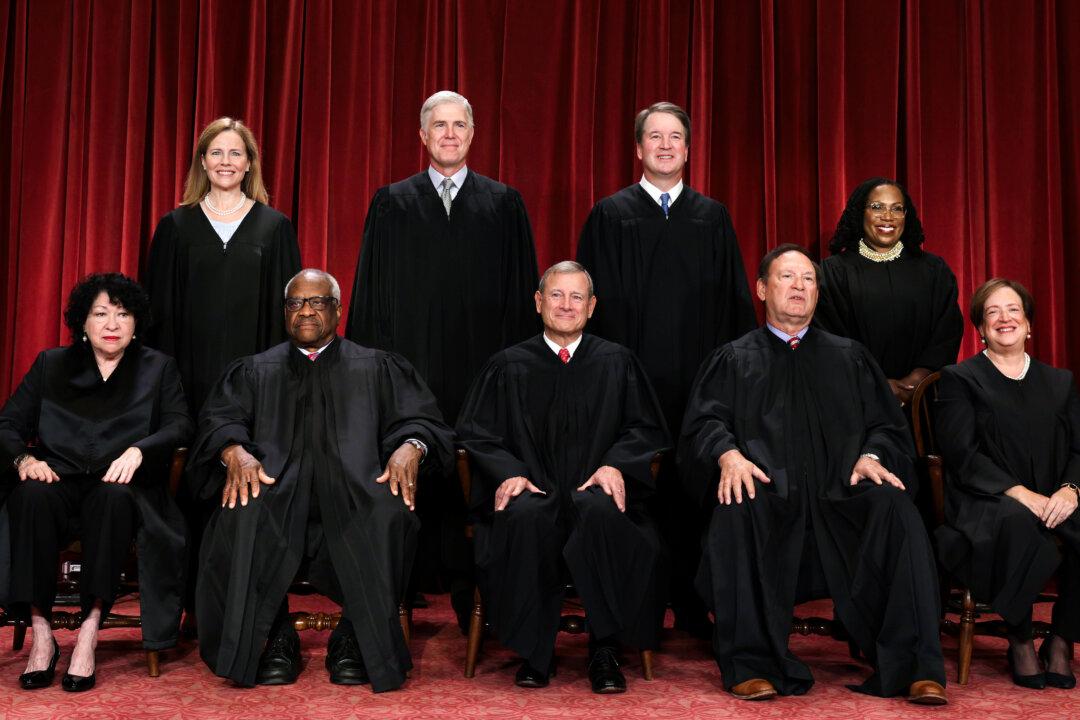The Supreme Court seemed open on April 23 to the possibility of allowing U.S. citizens whose spouses were denied immigrant visas a narrowly defined opportunity to challenge those denials in court.
The case, Department of State v. Munoz, concerns the doctrine of “consular nonreviewability,” which is the legal principle that a consular official’s decision to refuse a visa to a foreigner is not subject to judicial review.





